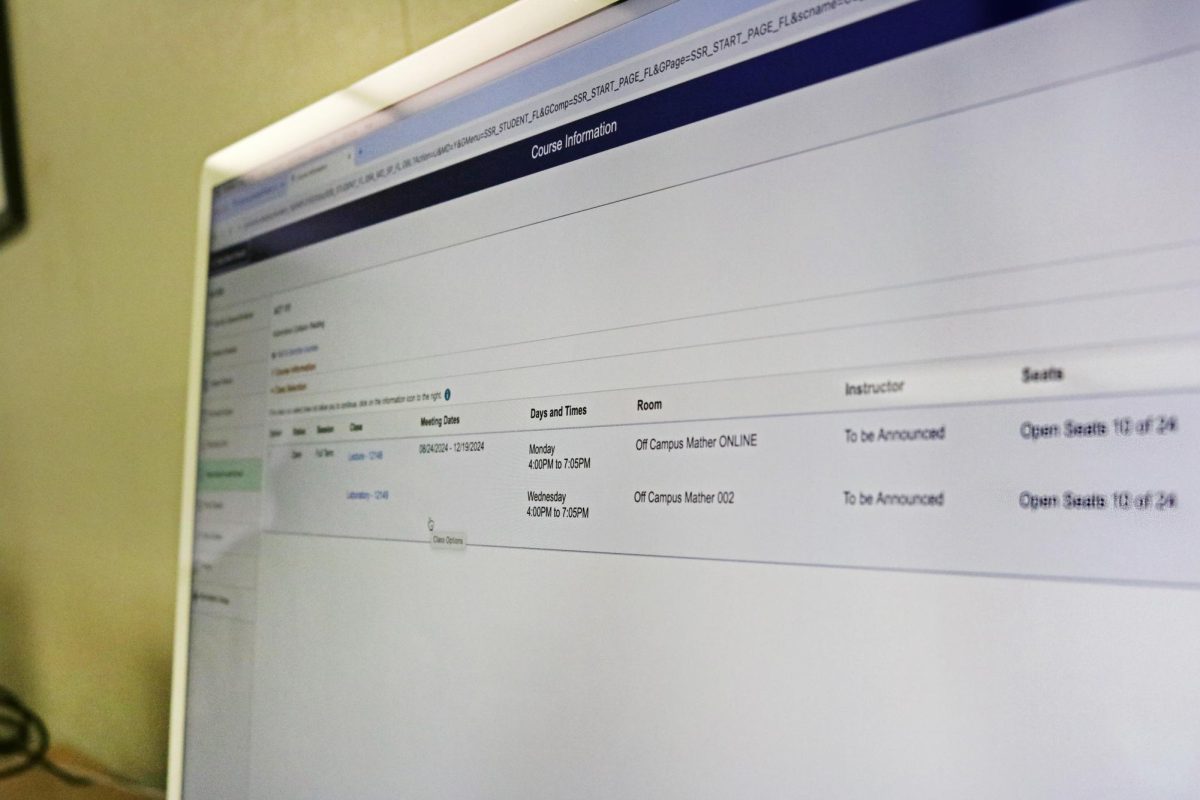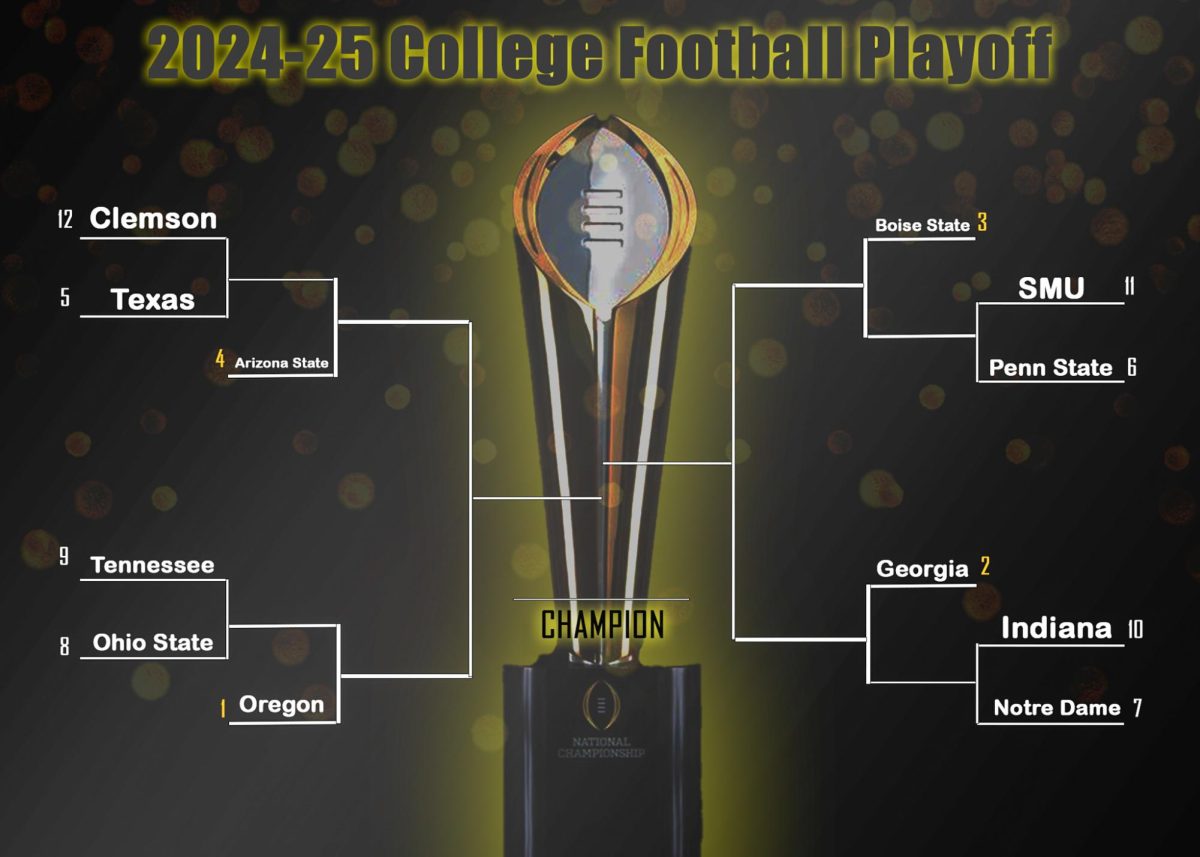Things are getting better.
The unemployment rate is dropping, slowly but surely. According to the U.S. Department of Labor, we’ve had eight months of job growth and the horizon looks far less bleak than once thought. However, students should do all they can to hedge their bets when it comes to joining a job market that’s still a little tumultuous.
One thing a student can do to increase his or her chances: stay in school.
No, it’s not just a trite saying repeated ad nauseam to elementary school students. It actually rings truer than you might think. According to a study by Georgetown University, unemployment with college graduates for October 2012 was only 3.8 percent. Comparatively, those with only high school diplomas see an unemployment rate of 8.4 percent. That’s a drastic difference. Not to mention how much more money you’ll make in a lifetime; according to another Georgetown University study, college grads make $1.3 million more than high school grads in their lifetimes.
Going to college doesn’t come without its headaches. Yes, it can be a mental and even emotional strain when you’re taking a particularly difficult class. But most every college and university, including ARC, has resources such as the Learning Resource Center for any student who needs that extra push to make the grade.
It can also be very costly. In the U.S., college loan debt has surpassed credit card debt, according to the Federal Reserve Bank of New York. But just as there are resources for getting through classes, there are resources to help pay for them. President Barack Obama recently signed a law that starting in 2014, new borrowers will never have to pay more than 10 percent of their income a month for their federal college loans. After 20 years, all remaining debt will be forgiven. And if you go into public service such as teaching, nursing or the armed forces, all debt will be forgiven after only 10 years. But none of these opportunities put out there will be of any use unless students are willing to put their nose to the pavement and stick with it.
Yes, college is a long-term investment, not only of money, but also of time. Best-case scenarios have students going to college for at least four years. But like the old saying goes, “numbers don’t lie.” And in an economy that needs skilled jobs to move forward, students would serve their best interest to stick it out until they have a diploma in their hand.













